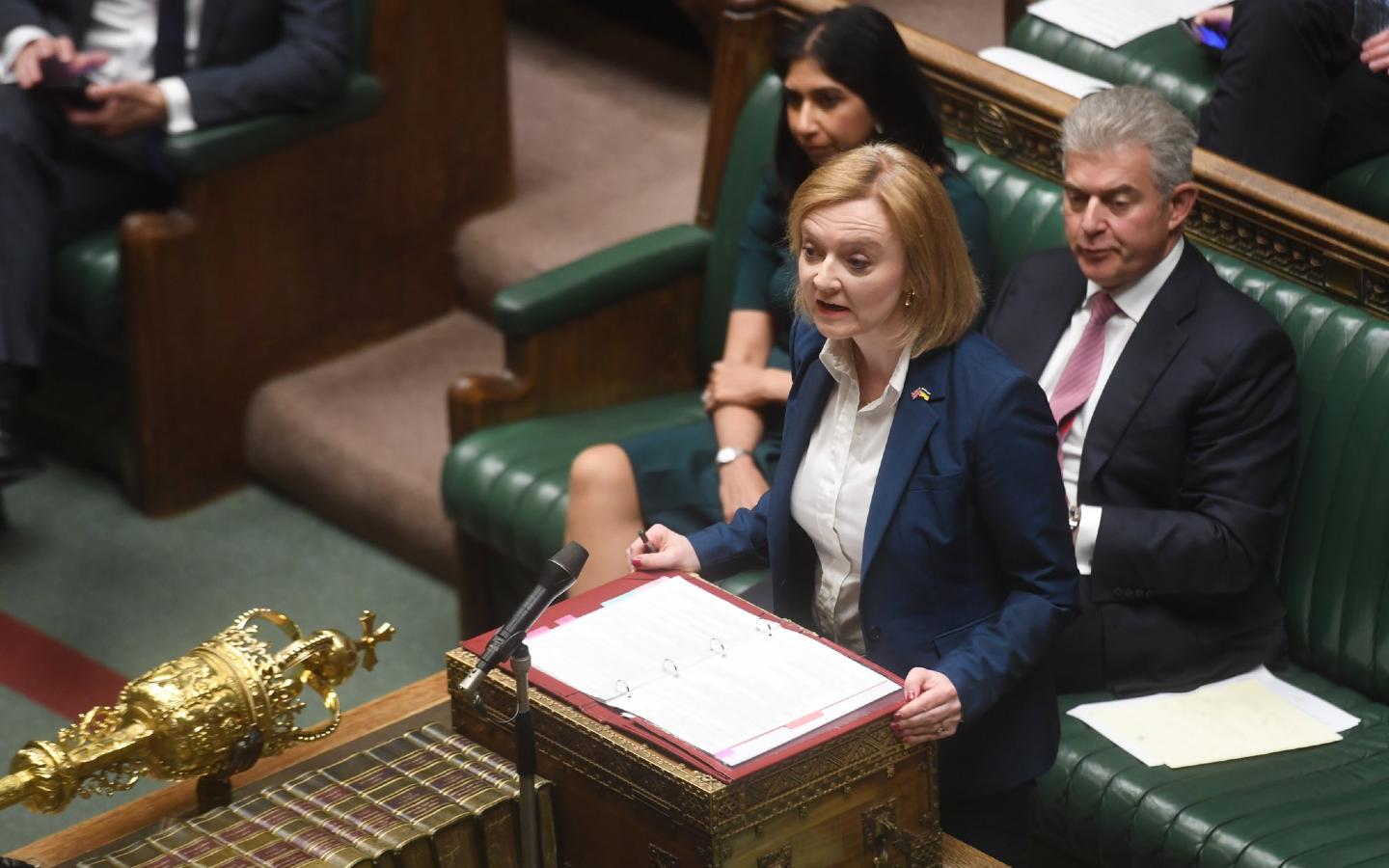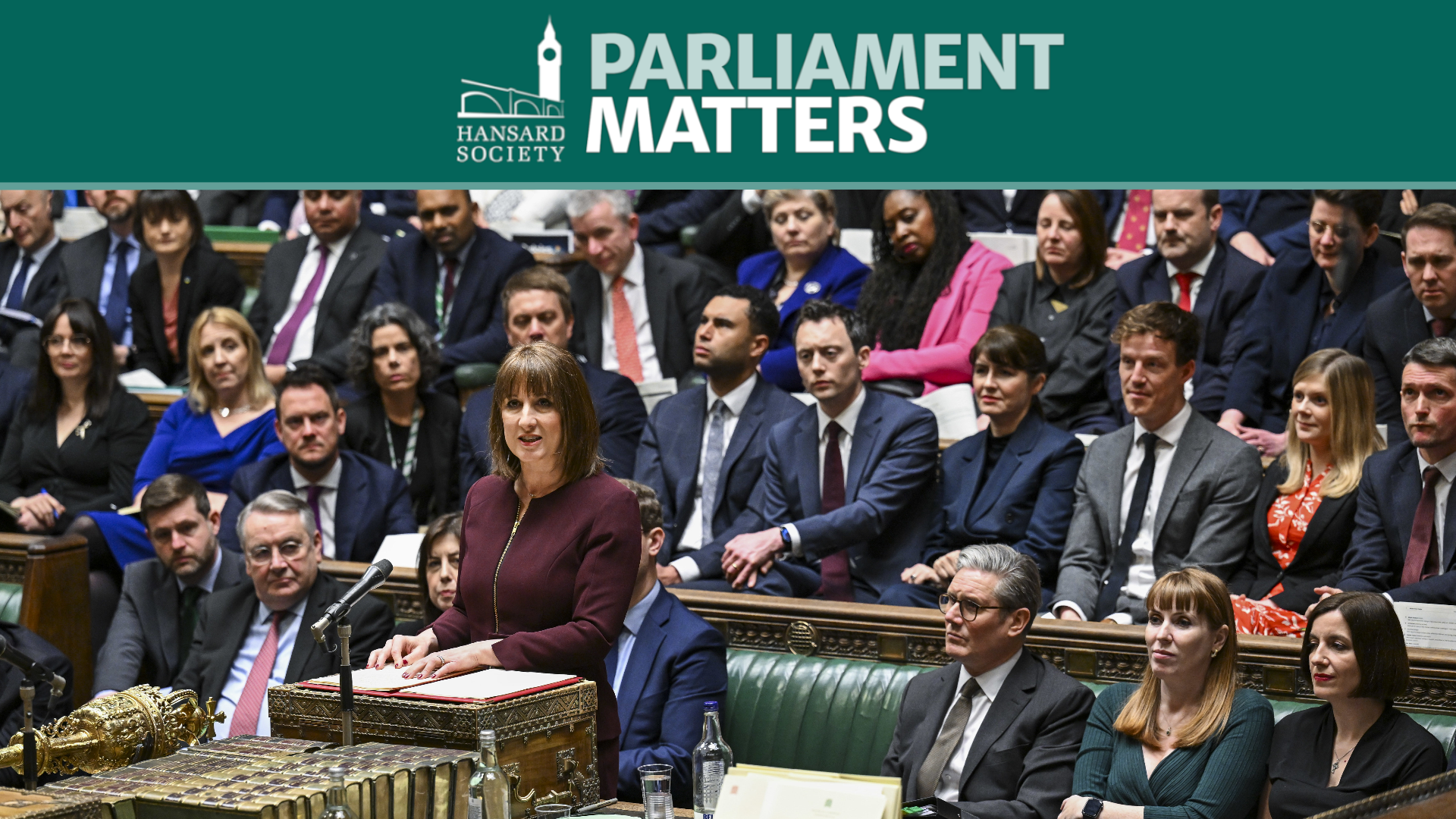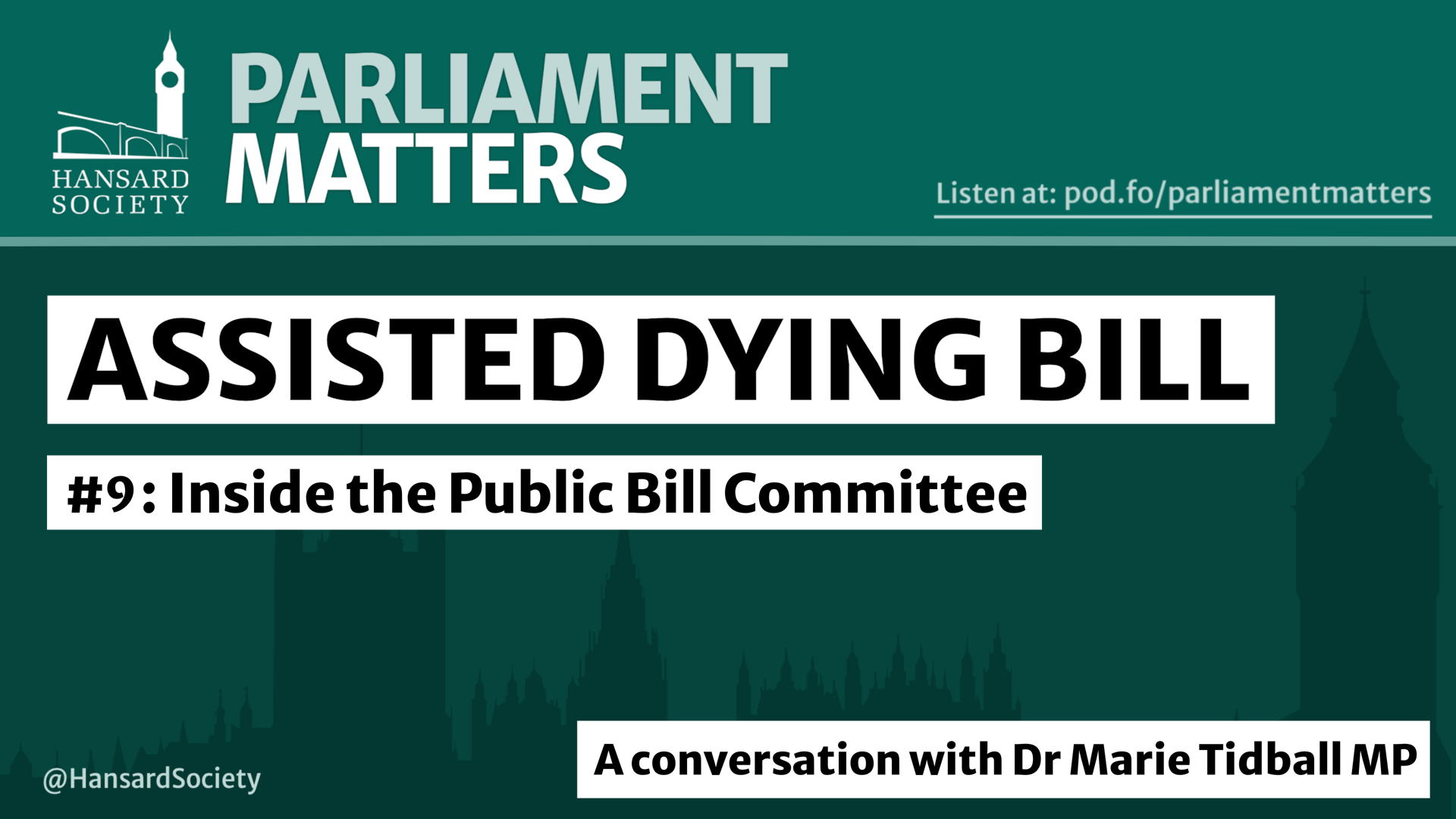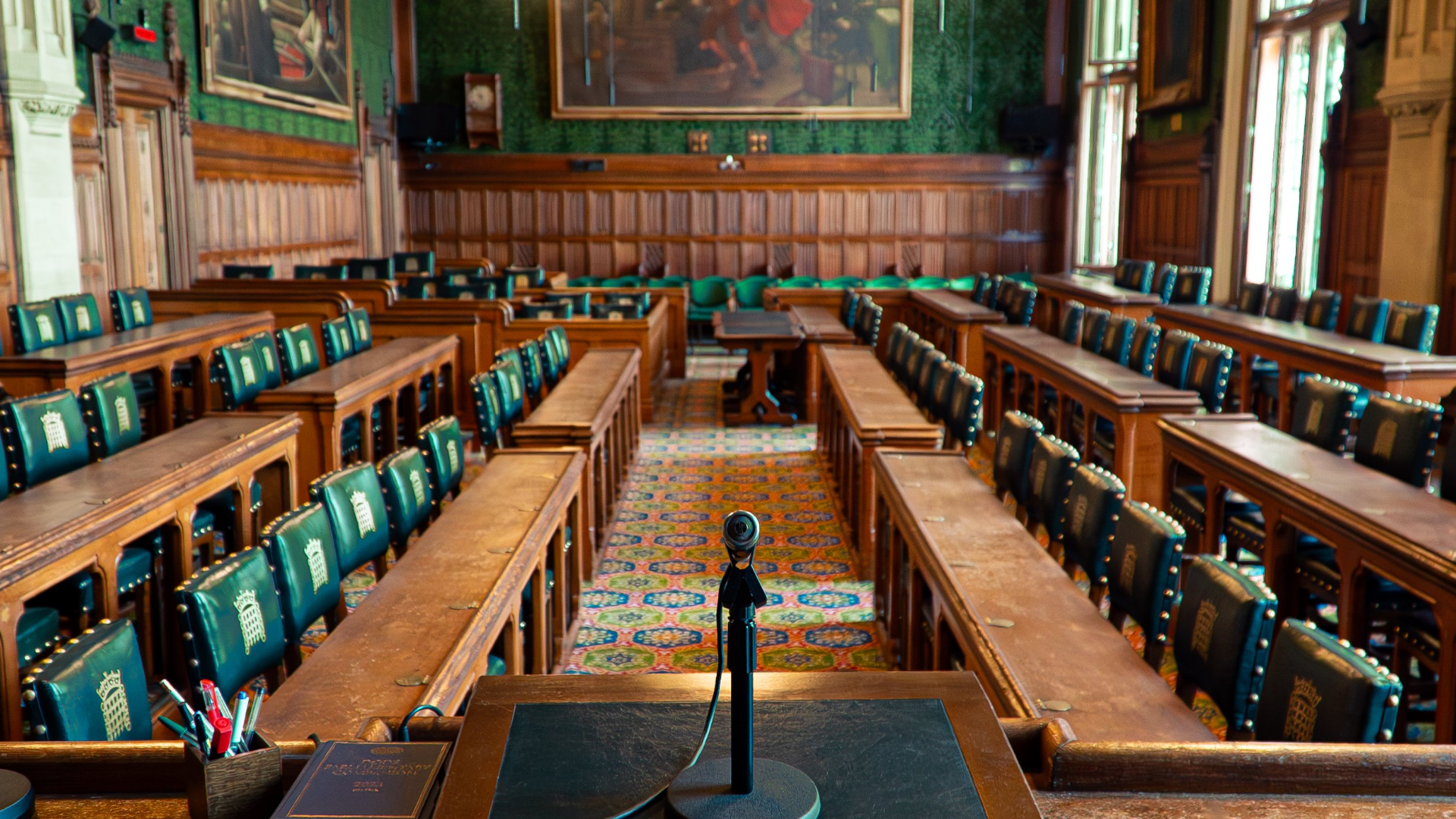Submissions / Evidence to the House of Commons Modernisation Committee: Priorities and strategic aims
In response to the Modernisation Committee's call for views on 17 October 2024, we submitted evidence outlining key areas we believe the Committee should prioritise. Our submission recommended a focus on: strengthening legislative scrutiny, with particular emphasis on reforming the delegated legislation system; enhancing financial scrutiny, especially in relation to the Budget and the Estimates; addressing strategic gaps in parliamentary scrutiny; making more effective use of parliamentary time; and reviewing the Standing Orders, language and rituals of the House of Commons.








